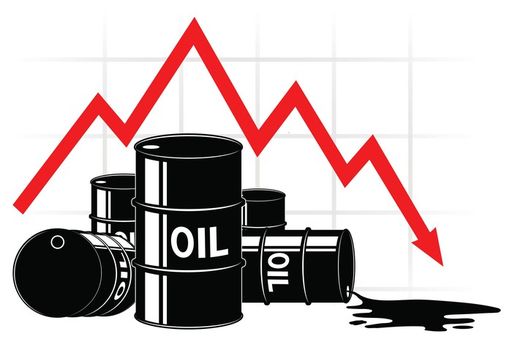Oil prices fell as OPEC+ appeared set to increase output from October, despite growing economic concerns in China. Brent crude for November dropped towards $76 a barrel, while West Texas Intermediate (WTI) hovered near $73. The cartel plans to add 180,000 barrels a day as it gradually restores production that has been halted since 2022, according to delegates.
Over the weekend, Chinese data revealed a fourth consecutive month of factory activity contraction in August, coupled with a deepening residential slump, fueling worries that the world’s top crude importer might miss its economic growth target for the year.
Oil prices have largely declined this year due to expected ample supply and economic challenges, including in the US. Volatility has increased, with crude futures experiencing significant intraday swings in August.
OPEC+ has said that it could “pause or reverse” output hikes if necessary. However, a political crisis in Libya, which has cut the nation’s production by half, may have allowed the alliance to proceed with increasing output.
“There are still concerns over whether the market needs this supply,” said Warren Patterson, head of commodities strategy at ING Groep NV in Singapore. “Chinese demand worries are not disappearing anytime soon.”
Attribution: Bloomberg
Subediting: M. S. Salama


